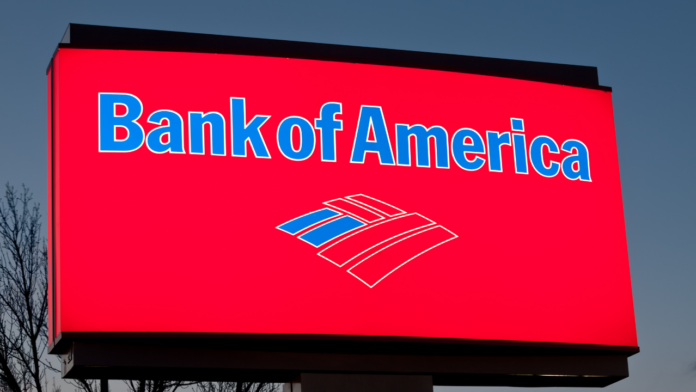Bank of America, one of the largest financial institutions in the U.S., has issued a sobering economic warning: consumer spending has dropped significantly, and unemployment is rising. The implications of this report are far-reaching and could potentially impact sectors beyond just retail and employment.
Consumer spending, which constitutes roughly 70% of America’s GDP, is an important economic barometer. Bank of America’s report indicates a worrying 1.2% drop in total card spending per household. The most significant declines were seen in luxury fashion, furniture, home improvement, lodging, and housing-related services. This drop is particularly concerning as it can trigger a domino effect, leading to a further contraction of the economy.
The report also indicates a surge in unemployment, particularly among higher-income households. This trend suggests that the current recession is predominantly affecting white-collar workers. As layoffs continue and consumer spending shrinks, there could be a ripple effect through the economy, impacting industries such as hospitality and short-term rental services like Airbnb. Some Airbnb owners may even be compelled to sell off their properties, which could result in a spike in the shadow inventory of vacant homes.
In an interesting twist, however, it seems that home prices may see a rise in the spring, despite the current economic downturn. This is primarily because housing market crashes typically take four to five years to play out from peak to trough, and the U.S. is only in the first year of the current downturn.
In states like California, new seller listings have dropped 34% year over year, mainly because homeowners with existing mortgages are hesitant to list their homes. This hesitance is due to the fear of taking on higher interest payments for a new home, especially in an uncertain market. However, as the economy continues to falter and job losses mount, many will likely be forced to sell, leading to an increase in housing inventory. It’s important to note that it would only take a small percentage of homeowners facing financial issues for the inventory to significantly increase, which could alter market dynamics.
The report also highlights the struggles of the trucking industry, traditionally seen as a bellwether for the U.S. economy. This has had a negative impact on small businesses, particularly in metropolitan areas like San Diego, Los Angeles, and San Francisco. Economic confidence among small businesses across America is reportedly at its lowest in a decade, leading to further employment cutbacks.
One of the root causes of these problems is a monetary issue. There isn’t enough money in the system for Americans to continue affording high prices amidst low wage growth and inflation rates outpacing said growth. The aggressive interest rate hikes by the Federal Reserve and the ongoing credit crunch are exacerbating the problem. This could potentially lead to a significant softening of the labor market by summer, inciting panic in markets.
The dire economic warning issued by Bank of America is a reminder of the delicate state of our economy, particularly in the wake of the COVID-19 pandemic. As we face an uncertain future, it’s more important than ever to remain informed and make sound financial decisions.


